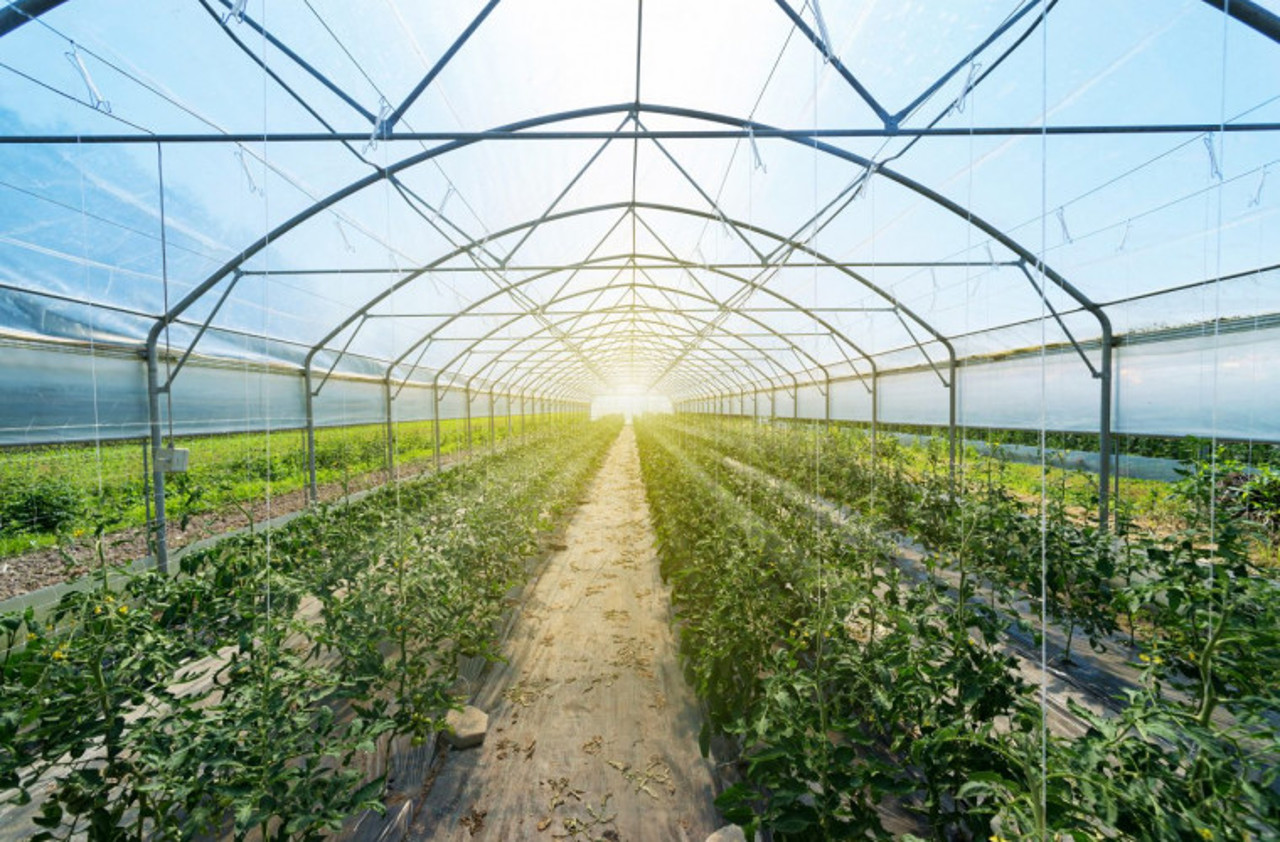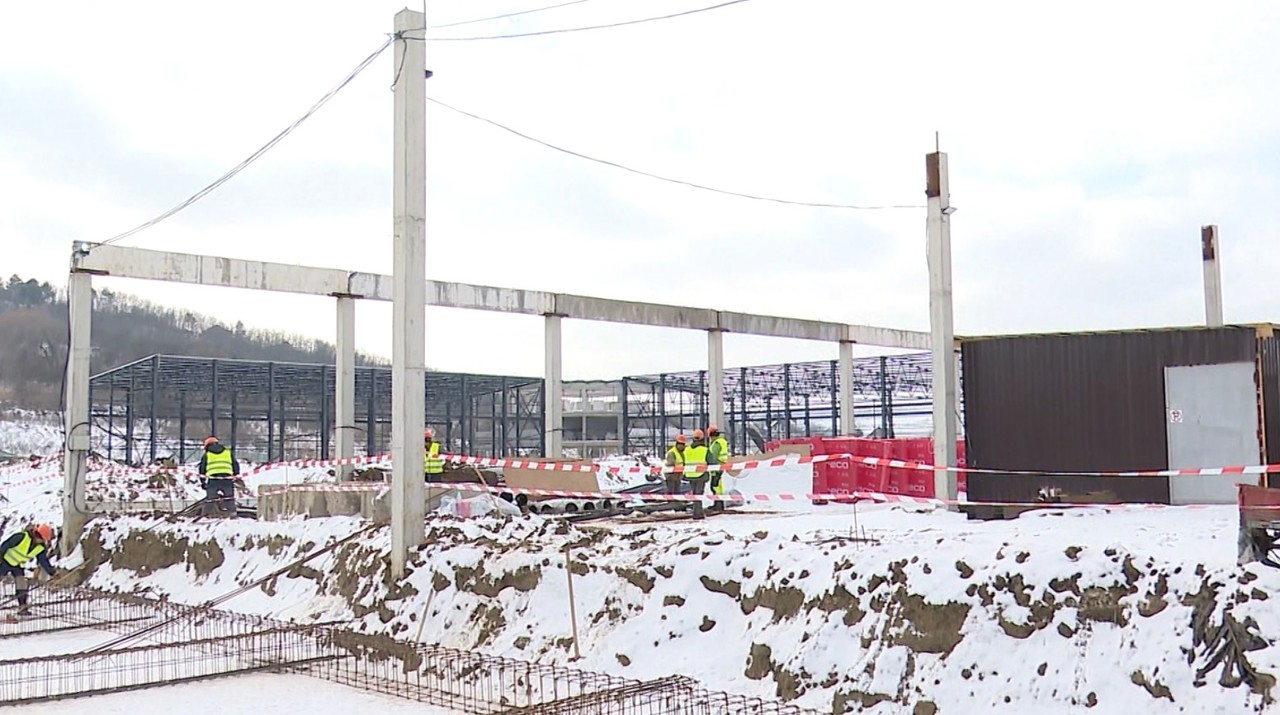High energy costs force Moldova to import more vegetables
The domestic market cannot be fully supplied with vegetables throughout the year due to the high cost of electricity and gas, according to Moldovan Agriculture and Food Industry Minister Vladimir Bolea.

Bolea said that domestic producers cannot grow vegetables in greenhouses in the fall and winter due to the high cost of heating. Even if some farmers did grow tomatoes or cucumbers during the cold months, the price would be higher. As a result, consumers will buy imported tomatoes, which are cheaper.
Bolea said that one solution would be to use renewable energy.
“Energy costs can be reduced with other types of renewable energy systems, we are working on that. We can create a subsidy program to subsidise the heating system, or to subsidise the central heating system so that it does not have to be amortised. There is another component that needs to be put into that central heating system every day, such as wood, so we need to find a cheap energy source,” Bolea said.
Agricultural producer Viorel Revenco believes that the possibilities of growing vegetables in the cold months are limited. He said that heat and sun are necessary for photosynthesis to occur during this time. He also said that there are modern technologies that could create such conditions, but they require significant investment.
“The investment would be too high, I don’t think we will be able to compete with the prices from the importing countries, from the countries that have sun,” Revenco concluded.
Currently, Moldova imports the most fruits and vegetables from Turkey. According to data from the National Bureau of Statistics, fruit and vegetable imports increased by 9.5% in 2022.
Translation by Iurie Tataru






